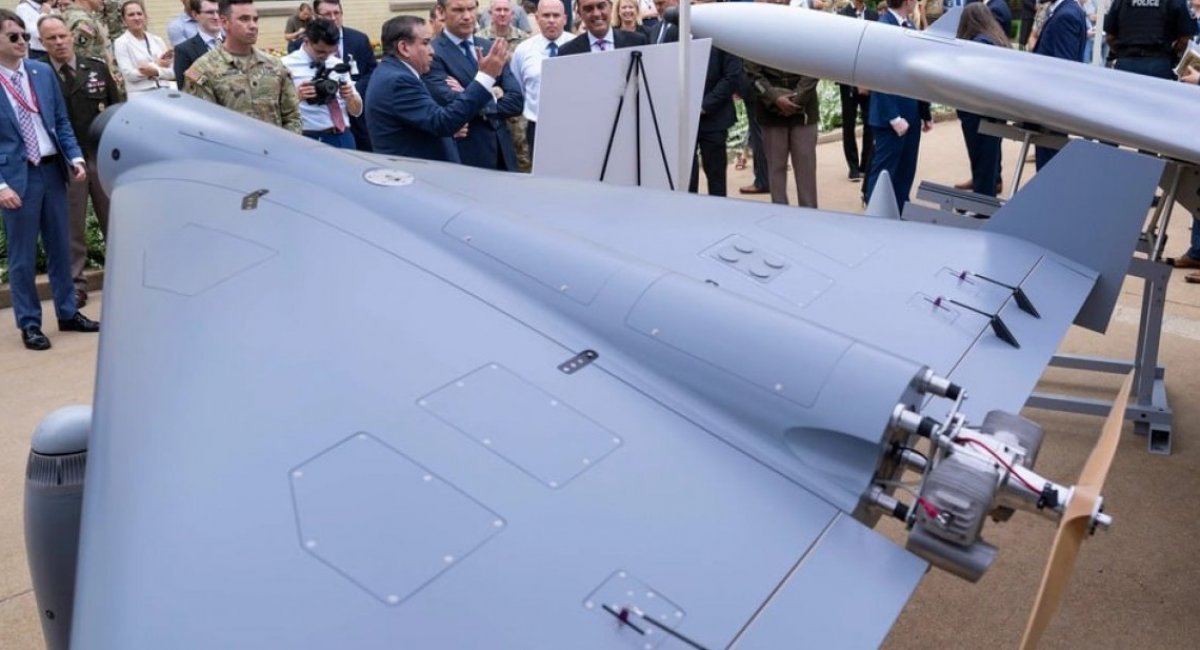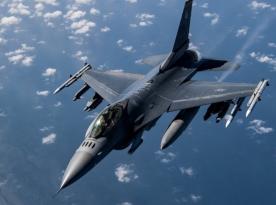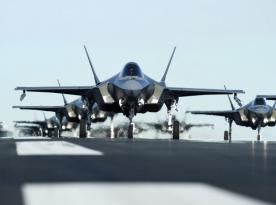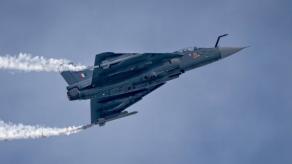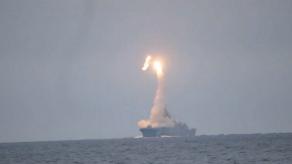The U.S. has unveiled the Low-Cost Uncrewed Combat Attack System (LUCAS), designed to be an affordable alternative to long-range strike weapons. Its visual similarity clearly suggests it is a response to iran’s Shahed-136 drone.
According to Defense Blog, the new American unmanned aerial vehicle was developed by SpektreWorks and represents a modular system that, in addition to strike payloads, can carry communications and reconnaissance equipment. It can also be used as a target drone during training.
Read more: Development Delays May Force America's 6th-Gen F-47 to Enter Production Without New Engine
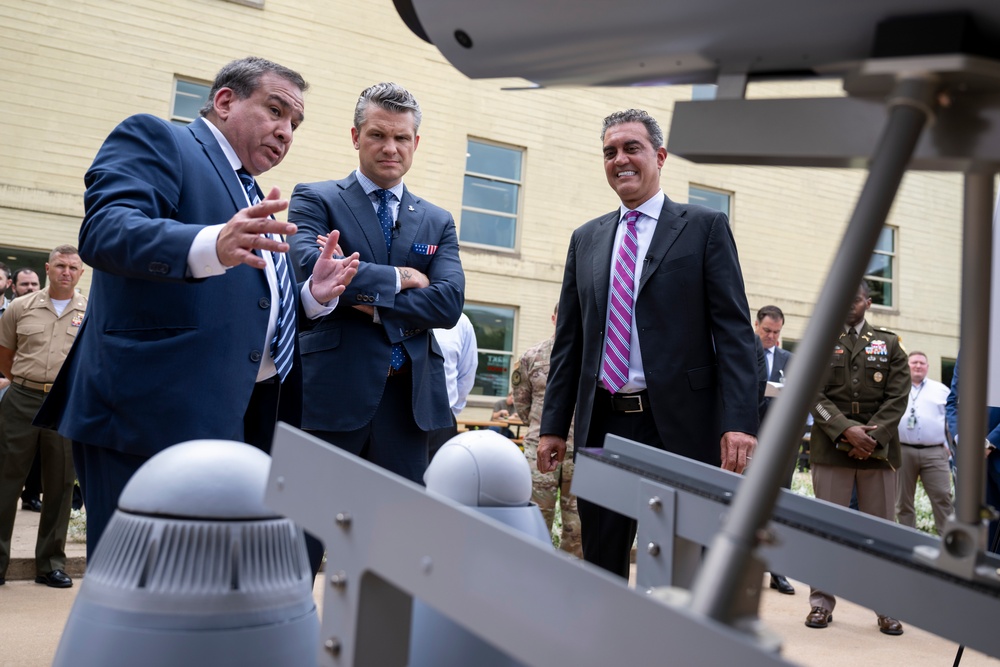
There are several launch configurations available for this UAV, including rocket-assisted takeoff and vehicle-based start. At the same time, it does not require specialized personnel for rapid deployment.
As for its unique capabilities, LUCAS can function as a communications relay in a Multi-domain Unmanned Systems Communications (MUSIC) cellular network. This allows it to maintain signal link and control over other unmanned platforms in contested environments.
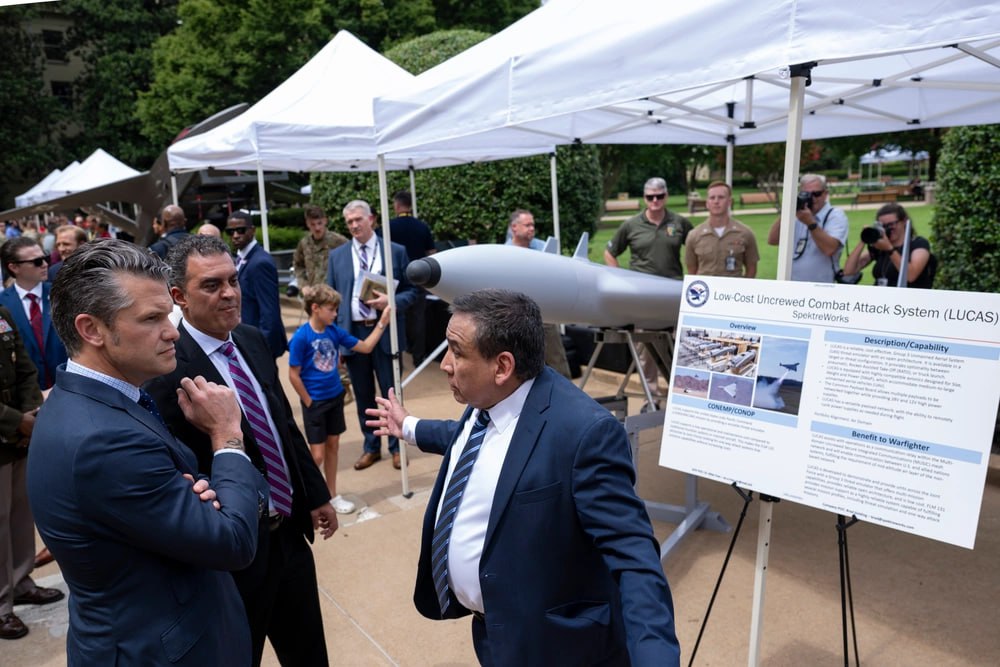
The drone is built on the FLM 131 platform, which can be replaced. It also features highly compatible guidance systems developed to meet strict requirements for size, weight, and power.
Its payload network allows remote switching of onboard systems during flight and supports both 28V and 12V power sources. The drone is currently being offered to U.S. Indo-Pacific Command.
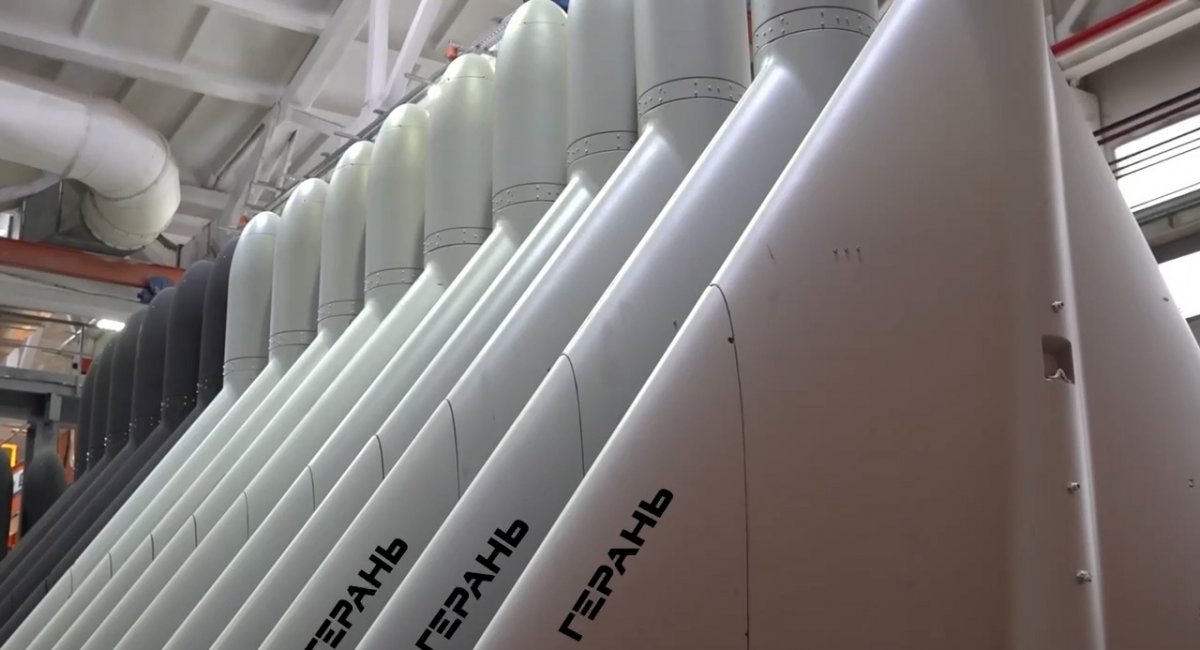
SpektreWorks is presenting its UAV primarily as a cheap alternative to expensive conventional strike systems — a need that has emerged in light of russia’s and iran’s use of low-cost drones for mass attacks.
It is also claimed that LUCAS has already passed testing and is ready for production. This is notable considering the many issues faced by other U.S. drone programs, including delays due to bureaucracy and poor performance against electronic warfare systems.

From Defense Express, it’s worth noting that these capabilities were presented at an exhibition for the U.S. Secretary of Defense Pete Hegseth, meaning some of the messaging could be promotional. It’s also unclear how exactly the testing was carried out, making it difficult to fully assess the system’s real potential.
For now, we can only wait for updates on whether LUCAS will see real combat use. Given the current shortage of missiles, testing it in battle might not be too far off.
Read more: russia Brings Drones to Uzbekistan, Which Already Operates TB2s, Wing Loong 1, and Domestic UAVs




